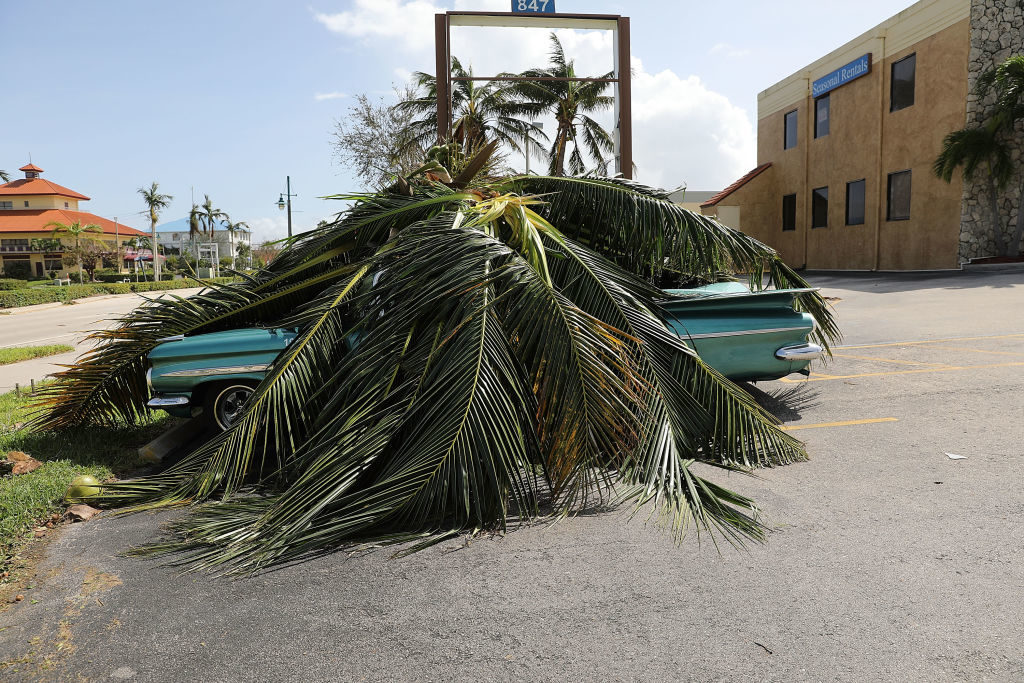Art World
Hundreds of Native American Artifacts Unearthed by Hurricane Irma Are Headed to a Florida Museum
But not everyone is happy—some members of local tribes want the artifacts to stay put.

But not everyone is happy—some members of local tribes want the artifacts to stay put.

Henri Neuendorf

Hundreds of artifacts have been uncovered after Hurricane Irma uprooted trees on a Native American preserve on South Florida’s Marco Island in September.
The items once belonged to the extinct Calusa tribe, which lived on the island between 700 and 1200 AD. Archaeologists have long suspected that the area was rife with historical artifacts, but the excavation of public land is illegal and wouldn’t have been approved by the local government.
Now that the items have been unearthed naturally, archaeologists have removed 200 artifacts from the preserve, including tools, glass, pottery, and shells. The objects have been transported to the Marco Island Historical Museum, where they will be studied and prepared for display or loaned to other institutions.
But the excavation—natural or not—has raised concerns over the treatment of Native American relics, and some tribal representatives have voiced their discontent. Speaking to WGCU, Betty Osceola of the Miccosukee tribe in the nearby Everglades is concerned that the removal of any items from their natural resting place might upset the tribe’s ancestral spirits. “People who existed before should not have their artifacts taken and put in a museum and carted off anywhere,” she said.
Meanwhile, researchers insist that there is a great deal to be learned from the trove and maintain that they are being as unobtrusive as possible with the excavation.
“We want to take as little as we can, we want the site to stay as intact as we can,” archaeologist of Rachel Kangas from Florida’s Public Archaeological Network, which is affiliated with the University of West Florida told WGCU radio.
Austin Bell, curator of the Marco Island Historical Museum, pointed out that preserving the artifacts can help impart important lessons about the Calusa’s way of life—and how to live on land sustainably. “Because they lived here for hundreds, if not thousands, of years,” he told WGCU, “and were able to sustain themselves on the marine environments around them without really impacting it to the extent that they weren’t able to continue to thrive.”